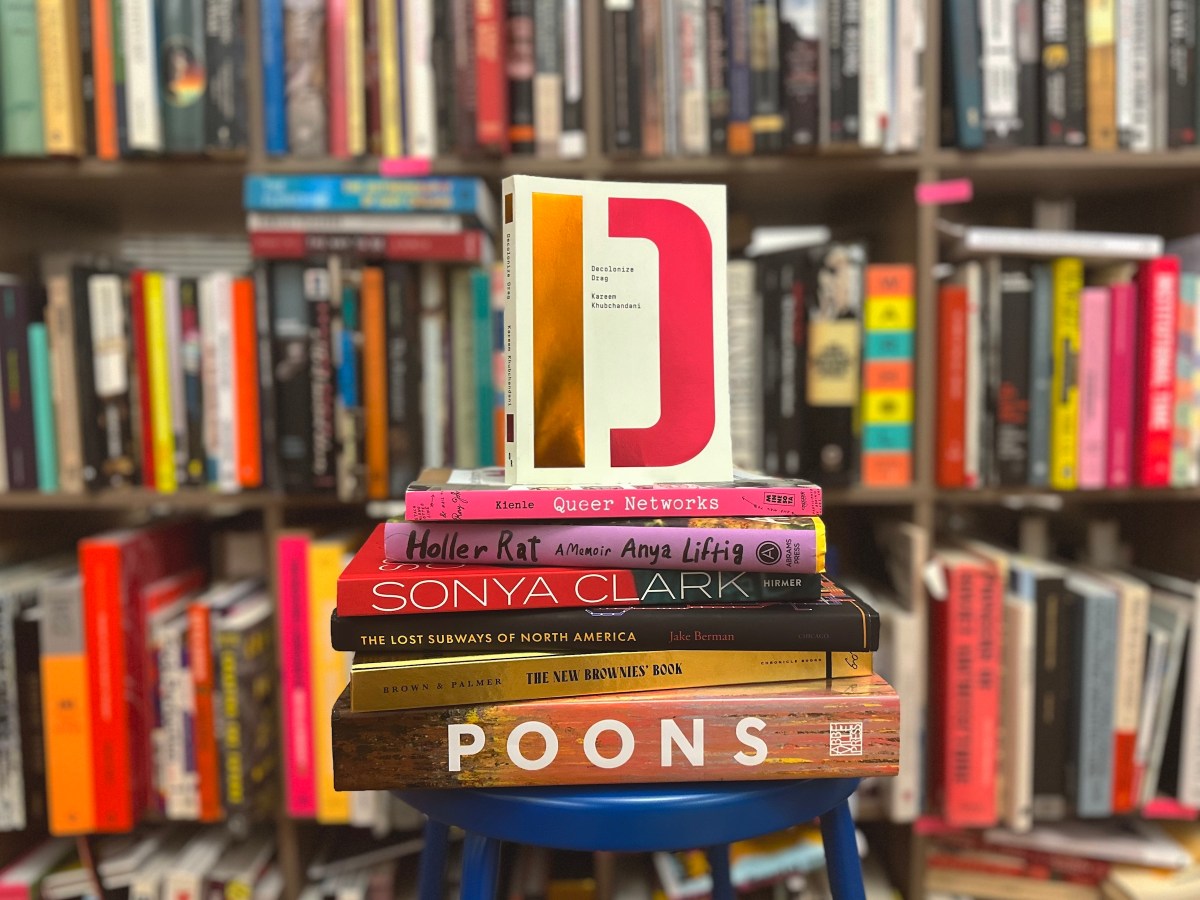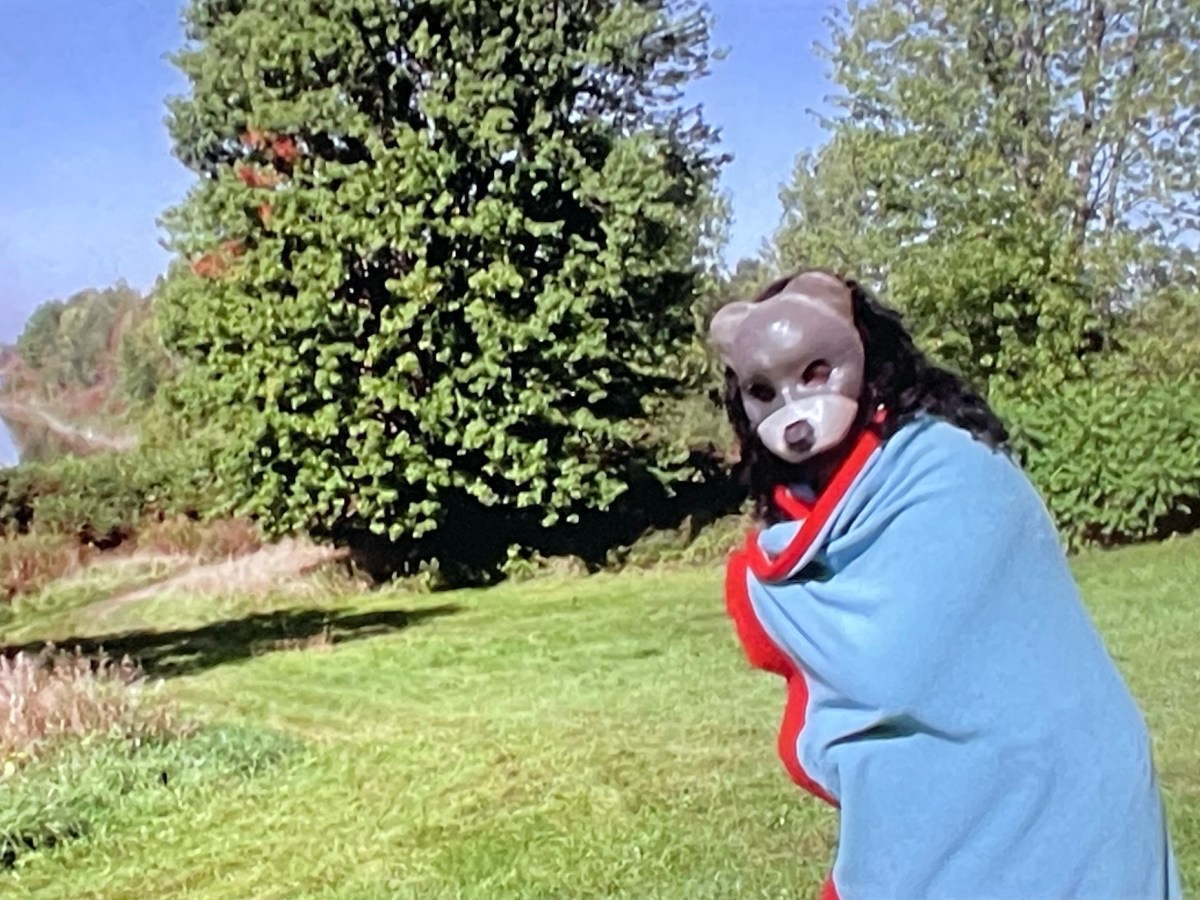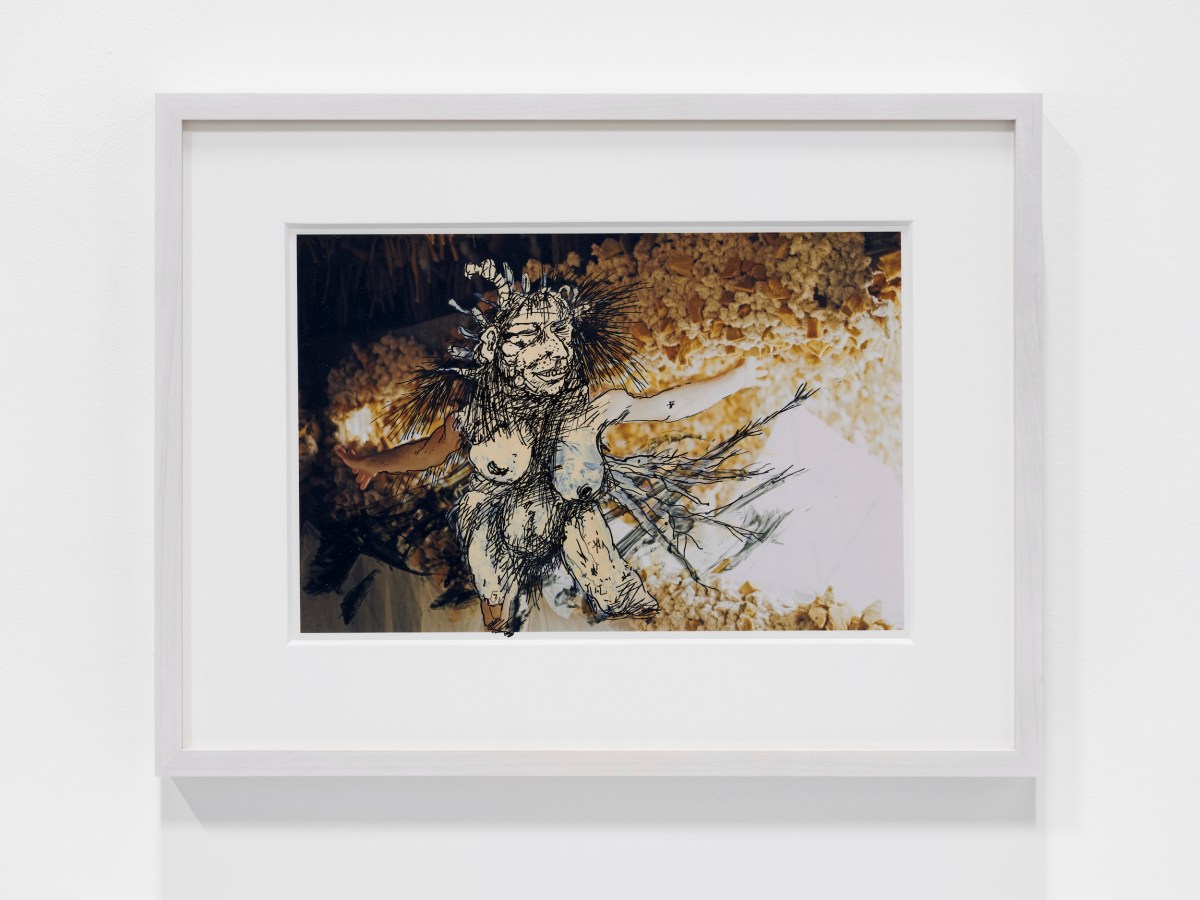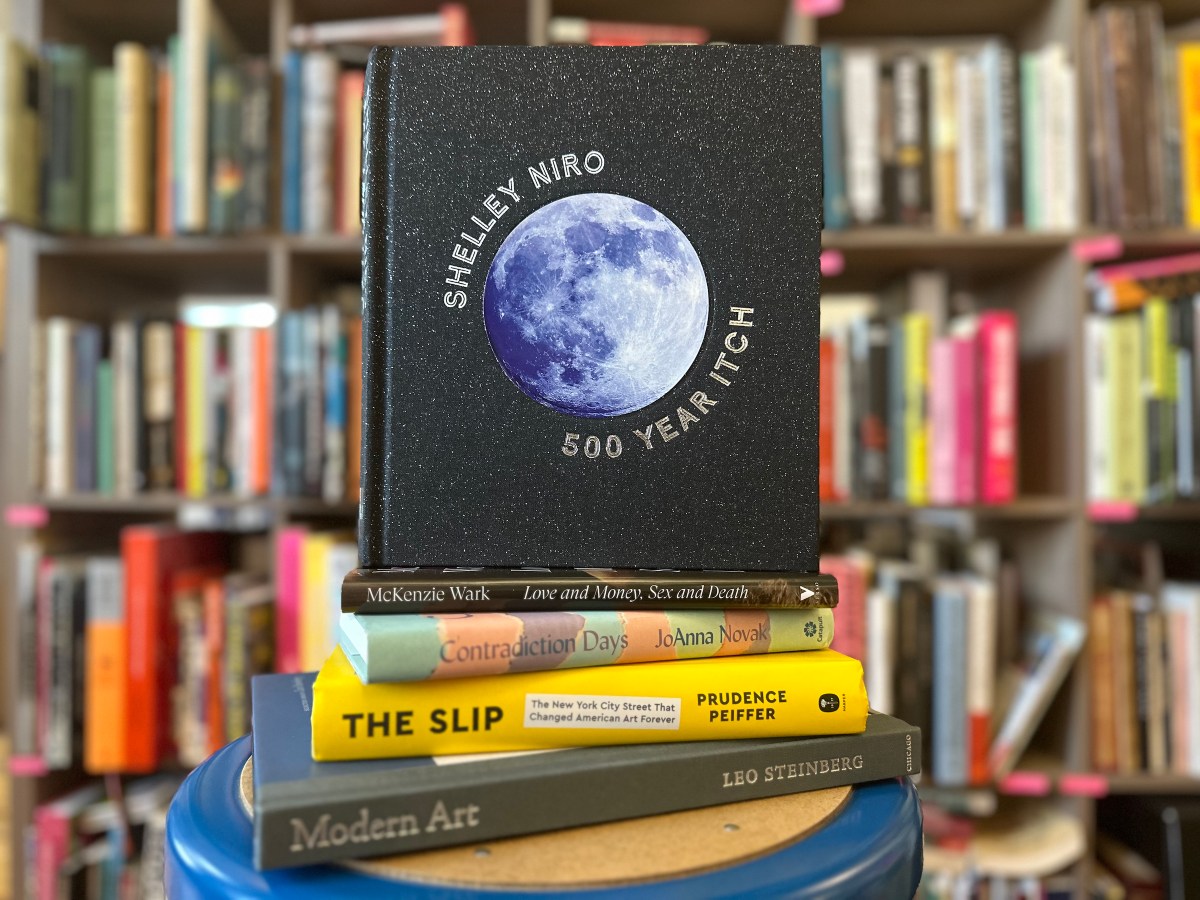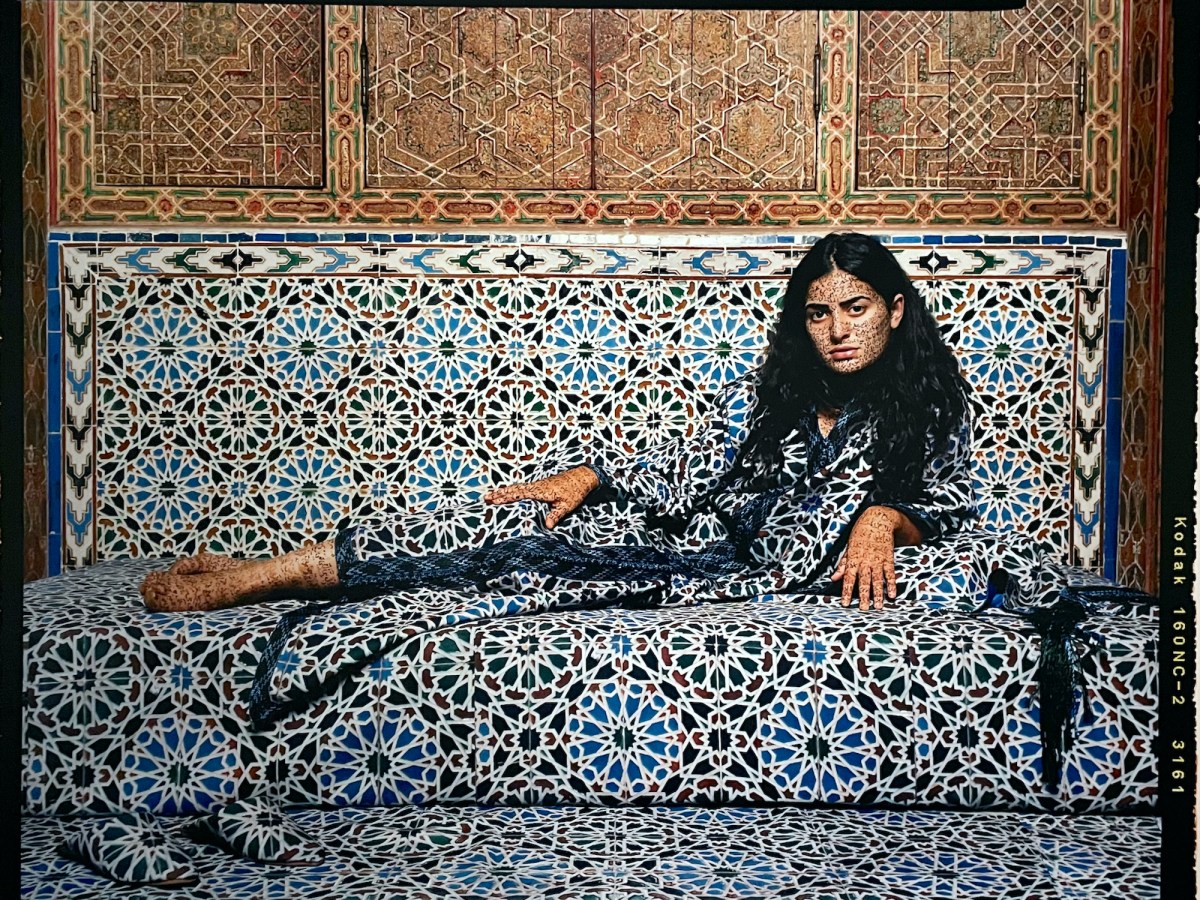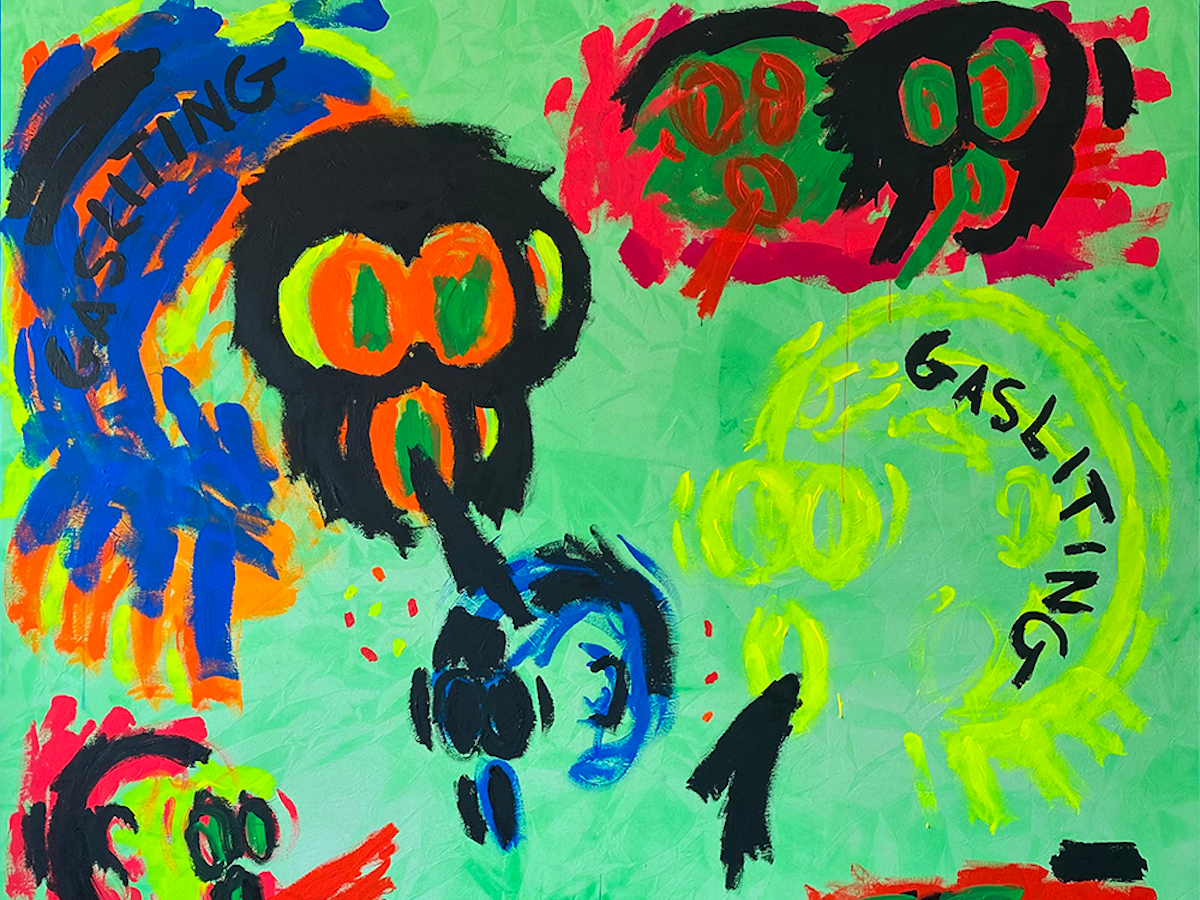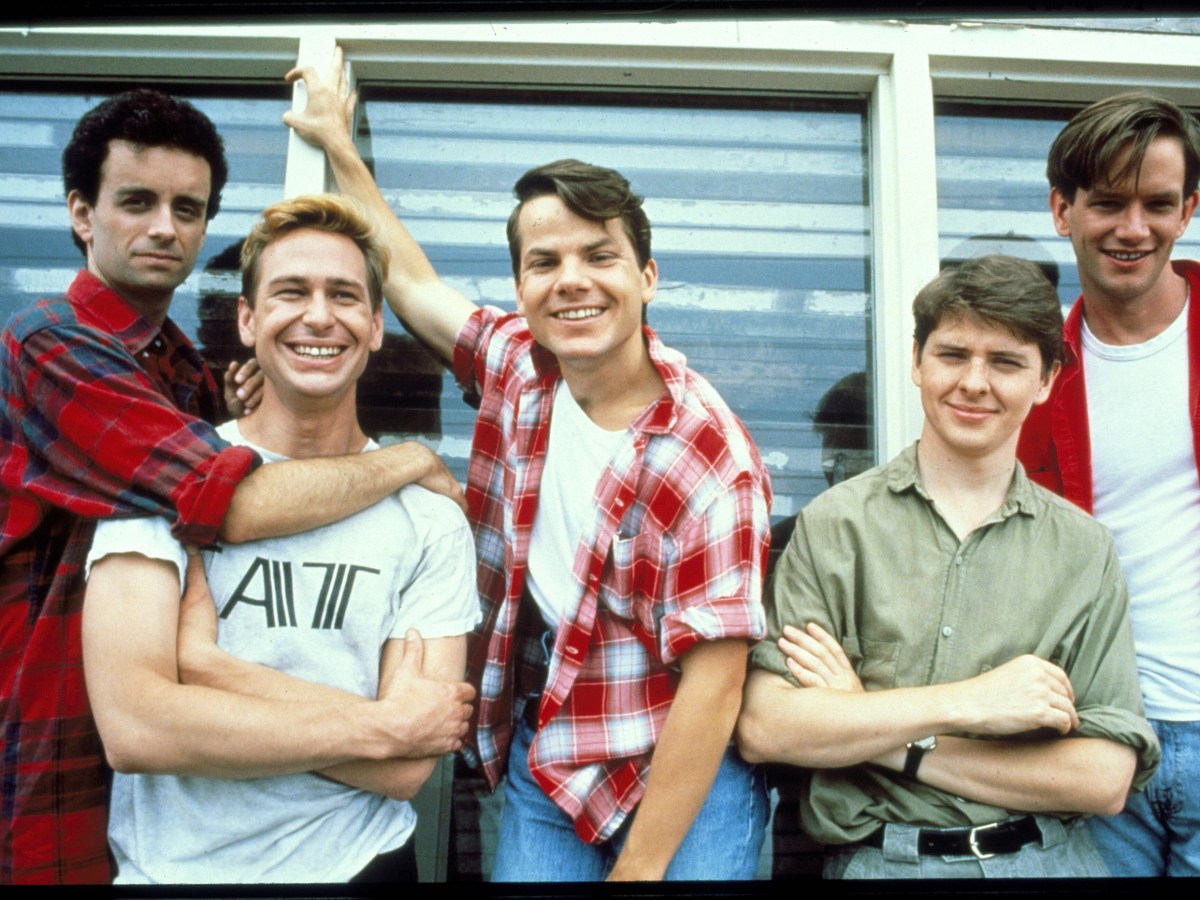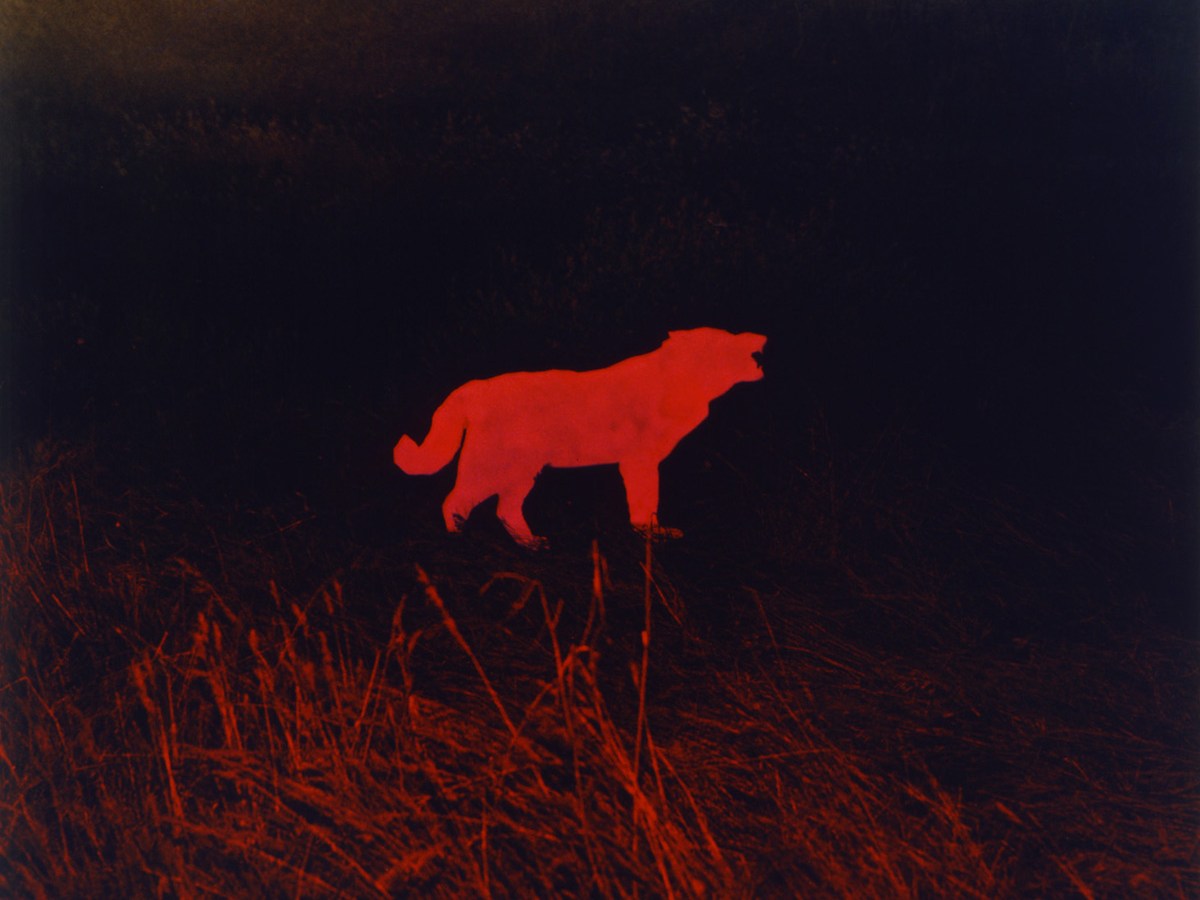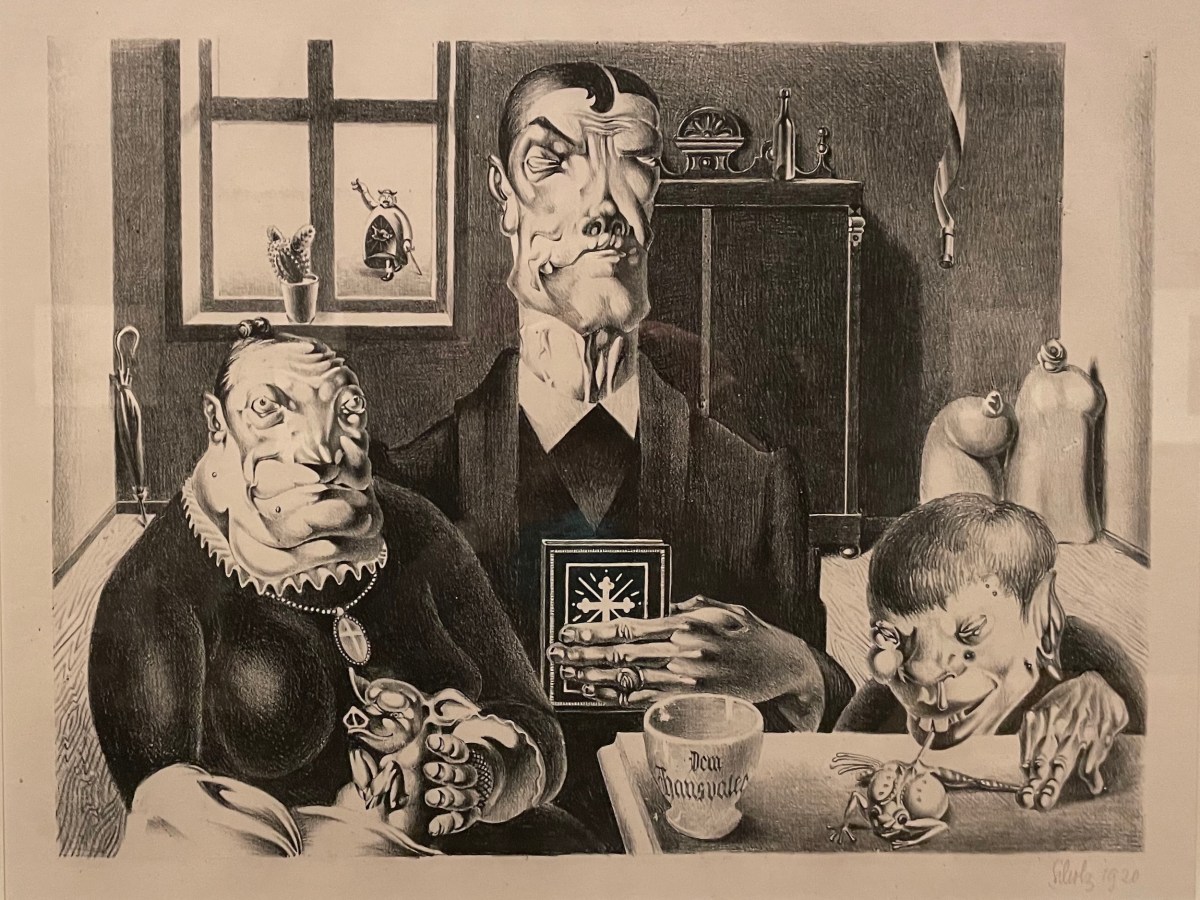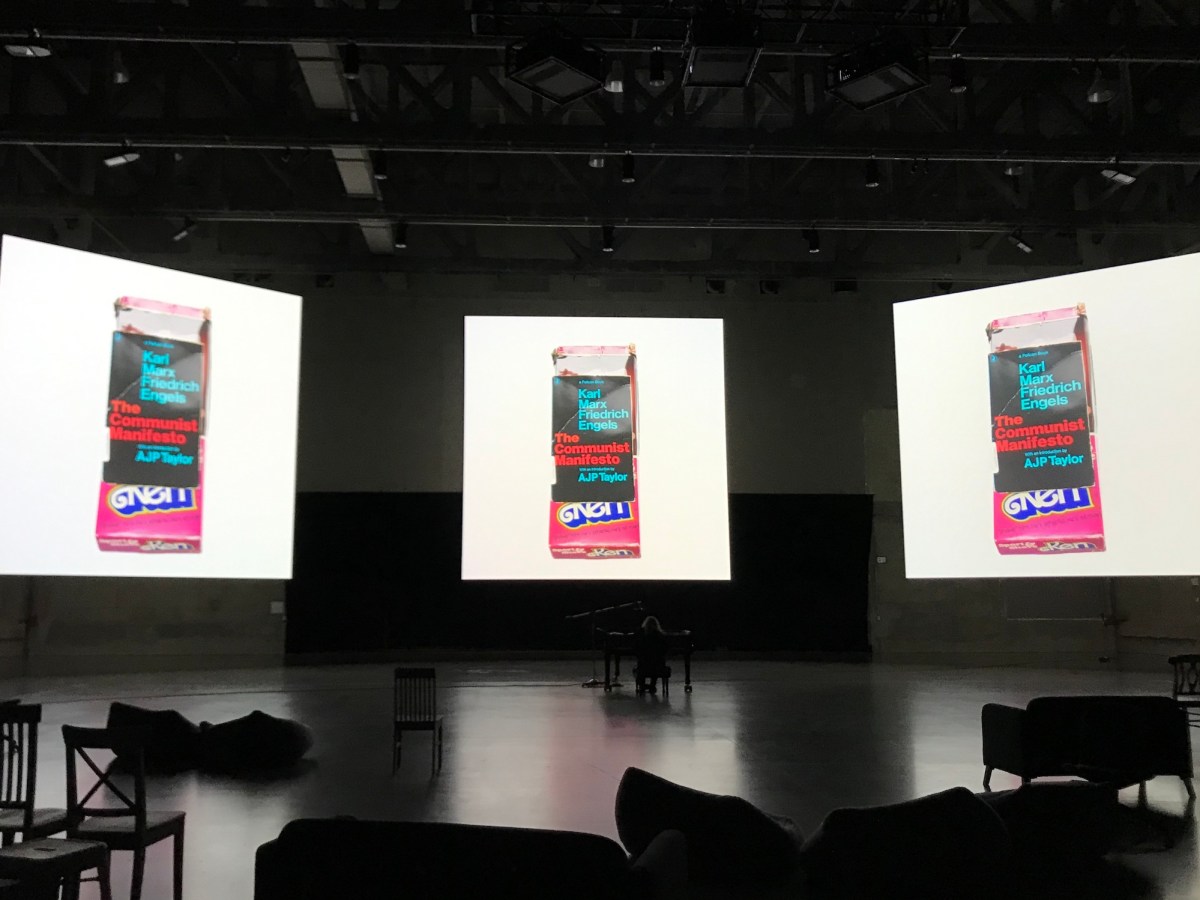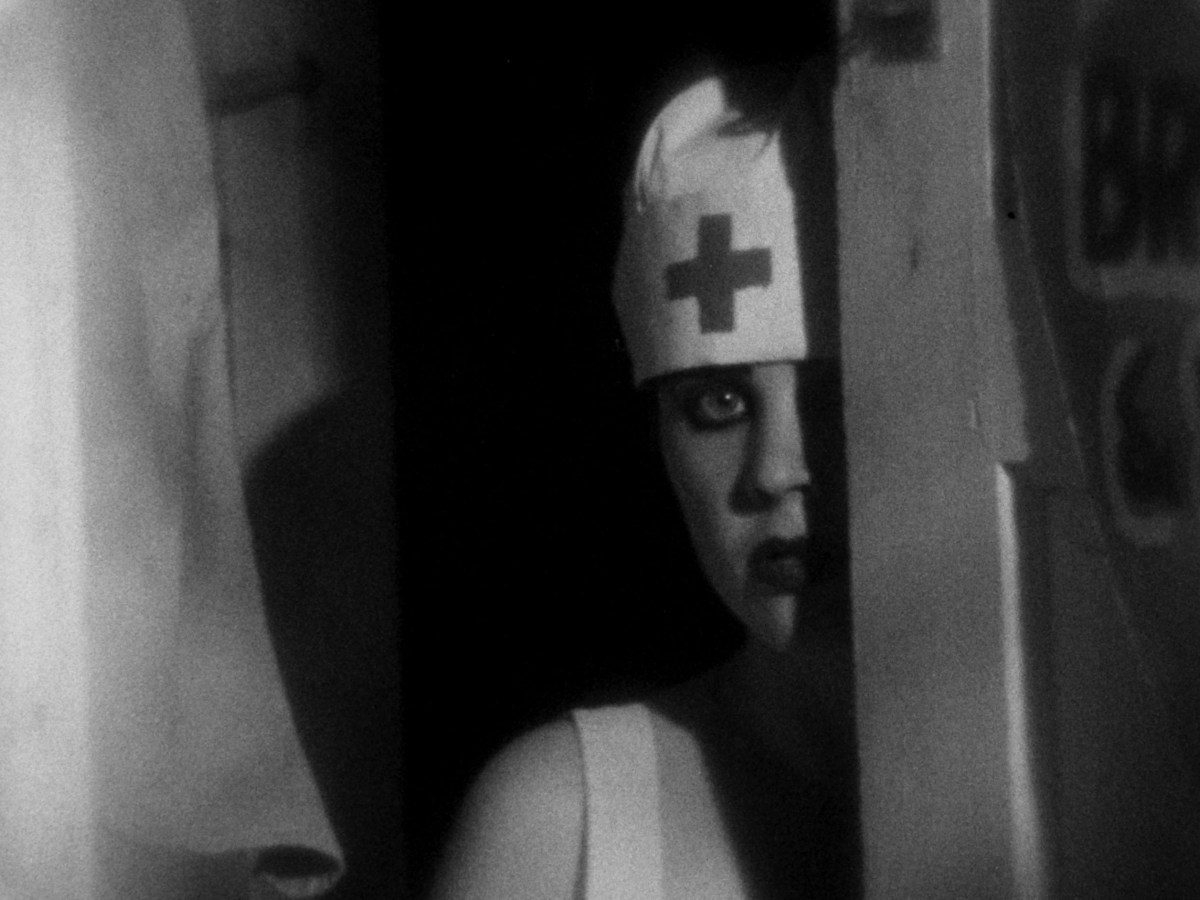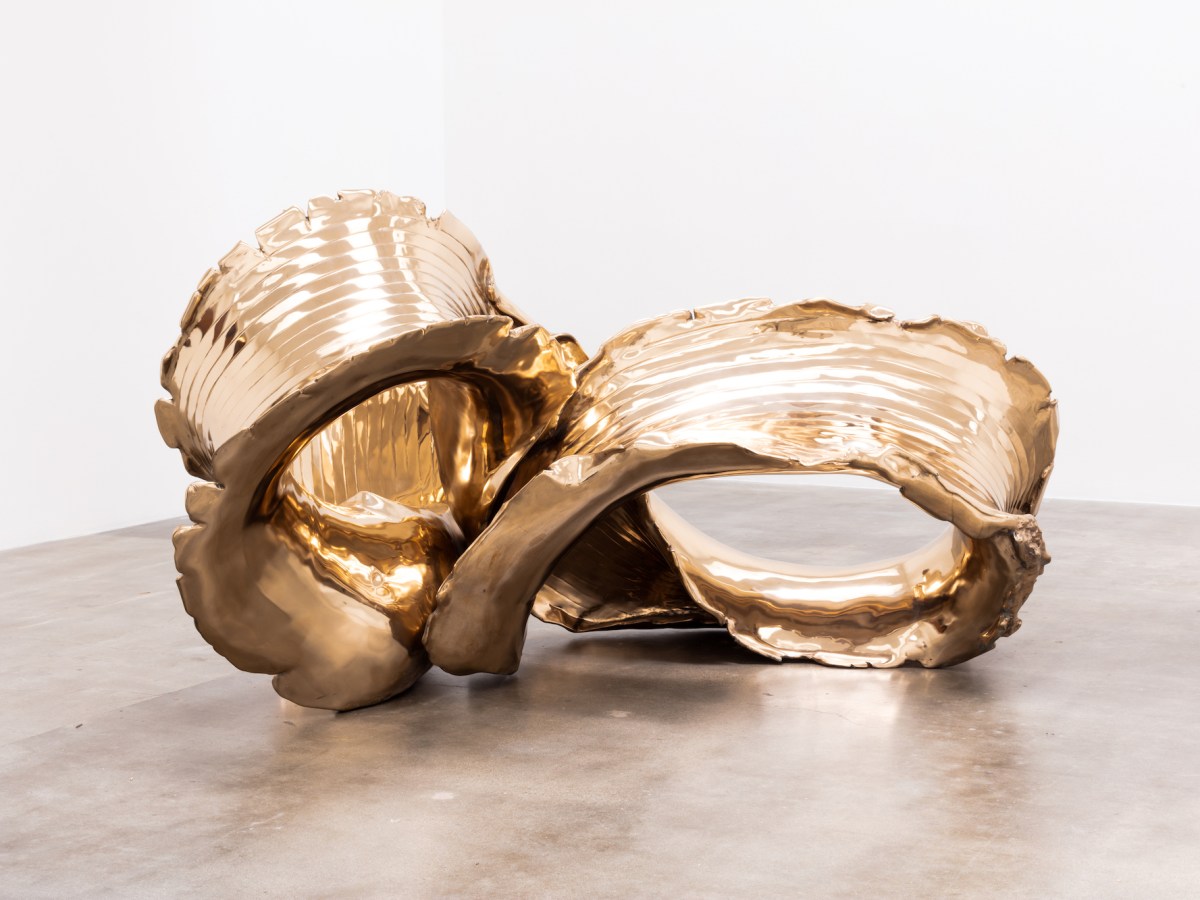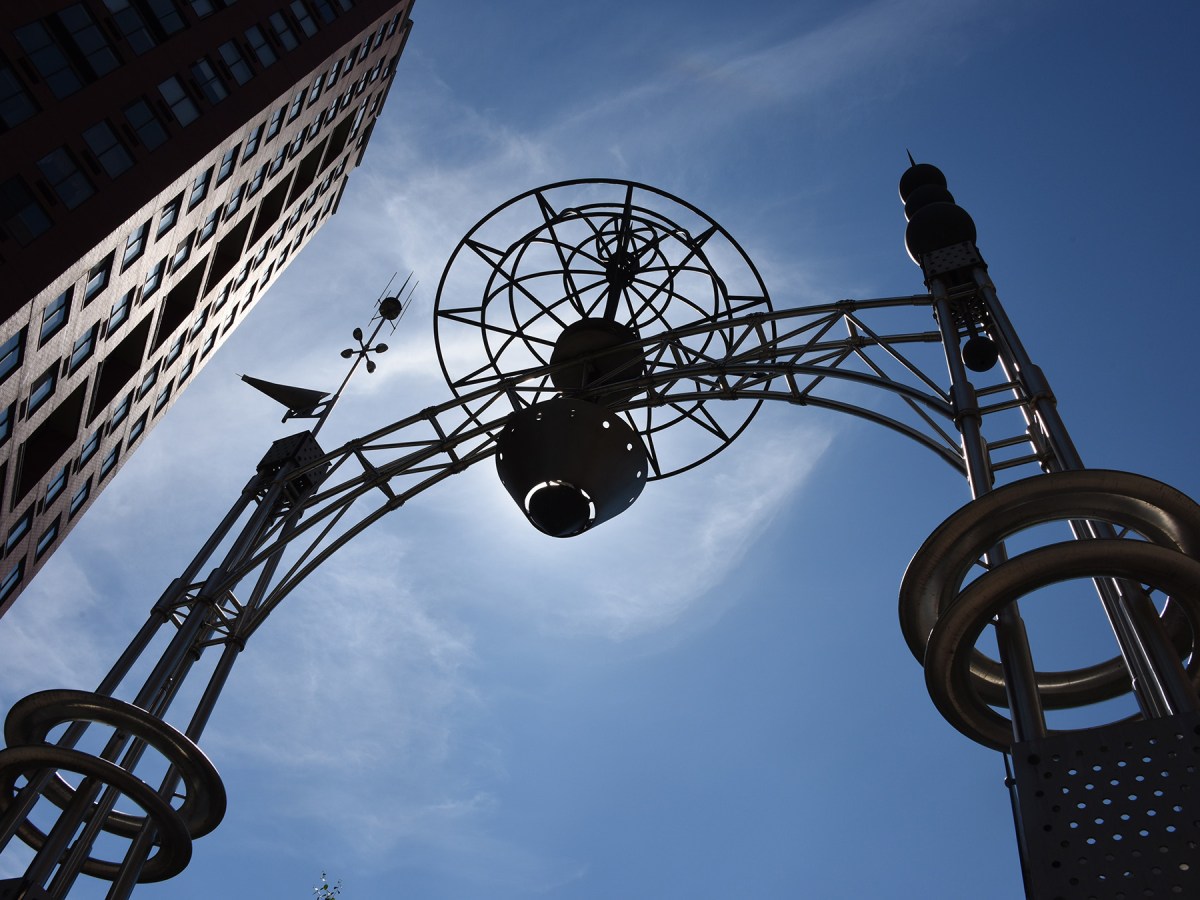Sonya Clark’s latest catalogue, the case for decolonizing drag, Coco Fusco speaks truth to power, a memoir of Brooklyn’s underground performance scene, and more.
Natalie Haddad
Natalie Haddad is Reviews Editor at Hyperallergic and an art writer. She received her PhD in Art History, Theory and Criticism at the University of California San Diego. Her research focuses on World War I and Weimar-era German art. She has written extensively on modern and contemporary art and has contributed essays to various art publications and exhibition catalogues.
Alanis Obomsawin Wants the Children to Know
At the center of the acclaimed Abenaki filmmaker’s practice is her effort to counter White, colonialist versions of history.
The Exposed Nerves of Kim Jones’s Art
“My drawings were always kind of grim and dark, and leaning toward the nasty part of art, whatever you want to call it,” Jones explains in an interview with Hyperallergic.
10 New Art Books to Read This October
The story of a Gee’s Bend quilt, McKenzie Wark’s new memoir, Native photography, motherhood in light of Agnes Martin, and more.
SWANA Women Artists Deserve Better
The exhibition Women Defining Women at LACMA suffers from poorly defined parameters and a weak understanding of its own premise.
The Dark and Moody Humor of Judith Bernstein’s Paintings
Bernstein’s latest works are beset with a deathlike quality rarely seen in her earlier pieces, even ones that directly addressed death in war or genocide.
The Comedians Who Helped Define Generation X
In the early ’90s, the Kids in the Hall transgressed boundaries of propriety, gender, sexuality, even species as an alternative to binary thinking.
Views From the End of Human Expansion
Five Southern California Views taps into the mythology of the West as an expanse for the imagination, only to decenter the human presence.
War, Bloodshed, and the German Grotesque
The works that best exemplify a uniquely German grotesque in Reexamining the Grotesque are those that reflect the war and Weimar years.
Can Commodities Really Critique Commodity Culture?
Given a platform to say something — about first-world capitalism, its attendant environmental destruction, or the definition of the self through objects — why not use it?
The Happily Haunted Cinema of Guy Maddin
The twilight state between dreaming and waking that permeates a restoration of Maddin’s Tales from the Gimli Hospital echoes that of life and death in his films.
Lynda Benglis Basks in the Light of Her Art
In Benglis’s latest works, the forces of gravity that defined her seminal poured latex and polyurethane pieces are traded for luminous bronzes.

